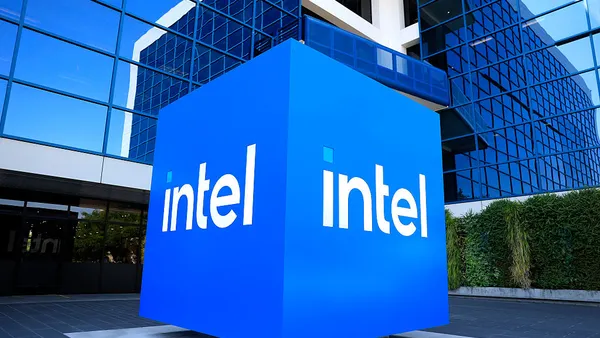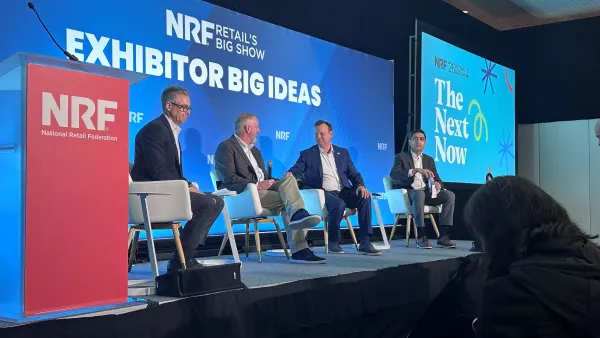Dive Brief:
- Microsoft is joining the Open Invention Network as a mark of its commitment to developers, Linux and open source programs, the company announced in blog post by Erich Andersen, corporate VP and deputy general counsel, on Wednesday. Microsoft will bring more than 60,000 patents to OIN, which it hopes will "protect Linux and other important open source workloads from patent assertions."
- Microsoft is trying to bury the tensions it had years ago with the open source community and demonstrate its commitment to providing customers with platforms that support many technologies, Andersen said. This means moving away from binary decisions such as Windows versus Linux and offering more contributions to the open source community.
- Microsoft joins big tech companies including Google, IBM and Red Hat in the OIN network. OIN CEO Keith Bergelt hopes the addition of the enterprise technology giant will serve as a signal to the rest of the industry that "the litmus test for authentic behavior in the [open source software] community includes OIN participation," according to a company announcement Wednesday.
Dive Insight:
Open sourcing 60,000 patents is a significant move for Microsoft. It will free the company and Linux from entanglement in lawsuits and is a strong commitment of Microsoft's long-term strategy being intertwined with open source.
Last week, Microsoft joined the LOT Network, a nonprofit working to combat patent troll threats, in which actors obtain the rights to a patent to profit by licensing or litigation instead of using the patent to create new products and ideas.
Patents are an important intellectual property protection and can also serve as an innovation indicator companies can use to bolster their reputation and show to investors. Patent applications can easily run anywhere from $10,000 to $50,000, so businesses need to have a clear strategy of what's worth protecting with their finite budget.
A large number of patents doesn't necessarily translate to high quality in patents. While China accounted for one-third of all global patents filed in 2015, most were "petty" or "utility" and given without question of innovation levels, according to the World Intellectual Property Organization.
In the U.S., IBM has been the No. 1 patent leader and broke across the 100,000 threshold after it was granted 9,043 patents in 2017. But not all patents are core to the company's technology; for example, in August IBM filed a patent for coffee delivery drones.













